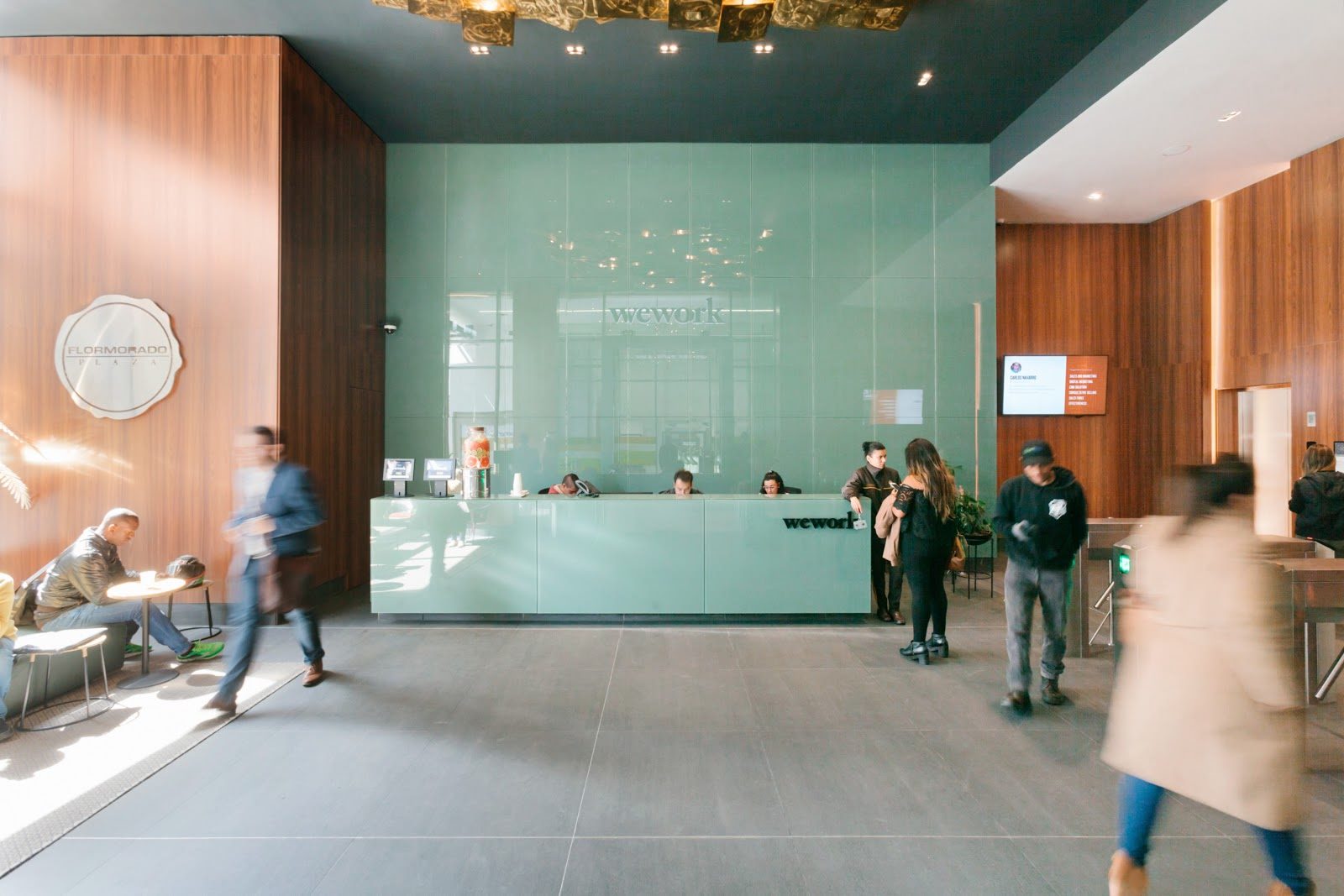
WeWork has announced that is taking 2,300 phone booths out of service at its rental offices in the US and Canada due to elevated formaldehyde levels.
WeWork said the decision to remove the phone booths was made after they discovered "potentially elevated levels of formaldehyde caused by the manufacturer."
The startup mentioned that it conducted the tests on the phone booths after a tenant complained of eye irritation while using a booth. In a statement, WeWork assured that 1,600 phone booths that may be affected would be removed "as soon as possible while another 700 will be taken out of service while additional tests are conducted.
The chemical formaldehyde, which is used in building materials and household products, can cause irritation of the skin, eyes, nose and throat when a person is exposed to it. The US Environmental Protection Agency noted that exposure to high levels of formaldehyde may even cause some types of cancers.
A WeWork spokesman said: "The safety and well-being of our members is our top priority, and we are working to remedy this situation as quickly as possible."
The formaldehyde issue is the latest among the challenges faced by the office rental company. WeWork has suffered losses and its scheduled initial public offering (IPO) has been derailed over concerns surrounding the company's leadership
Co-founder Adam Neumann was forced to resign from his post as chief executive officer (CEO) after the IPO failed but he remains as a non-executive chairman of the board. Investors had an issue regarding the amount of control Neumann had over the company and were skeptical of its $47 billion private market valuation.
While WeWork management expressed that an IPO is still possible, it would need the backing of Japan's SoftBank, one of WeWork's biggest shareholders. According to brokerage firms CLSA and Bernstein Research, SoftBank has invested almost $11 billion into the We Company over the past two years, taking a stake of at least 27%.






